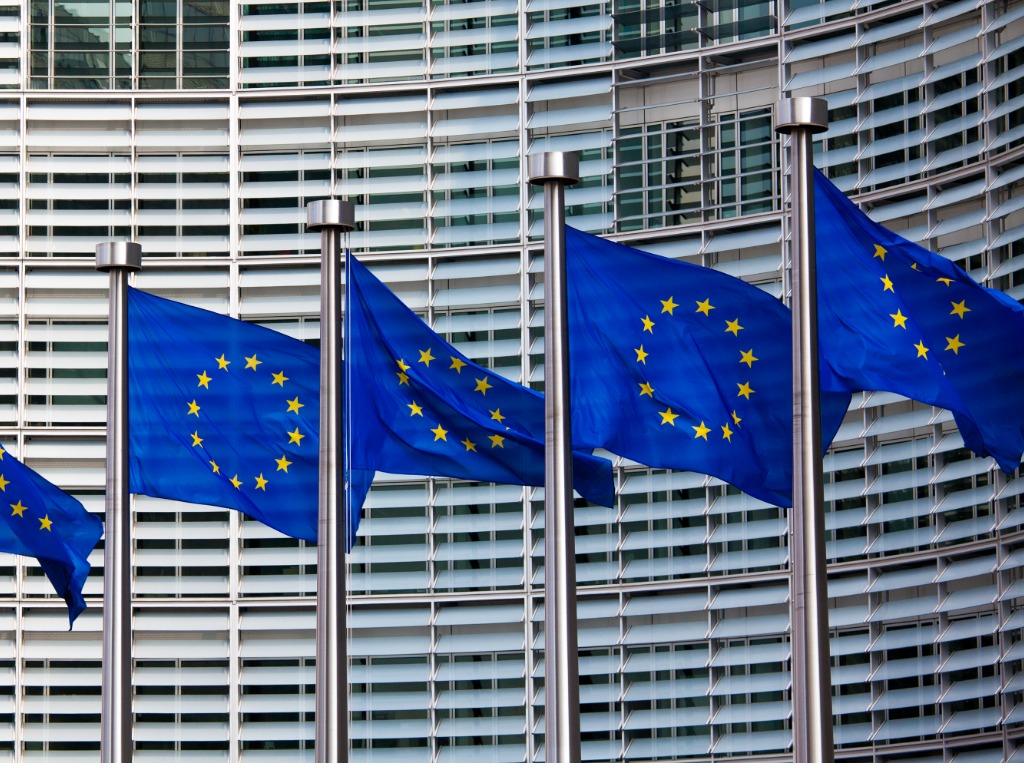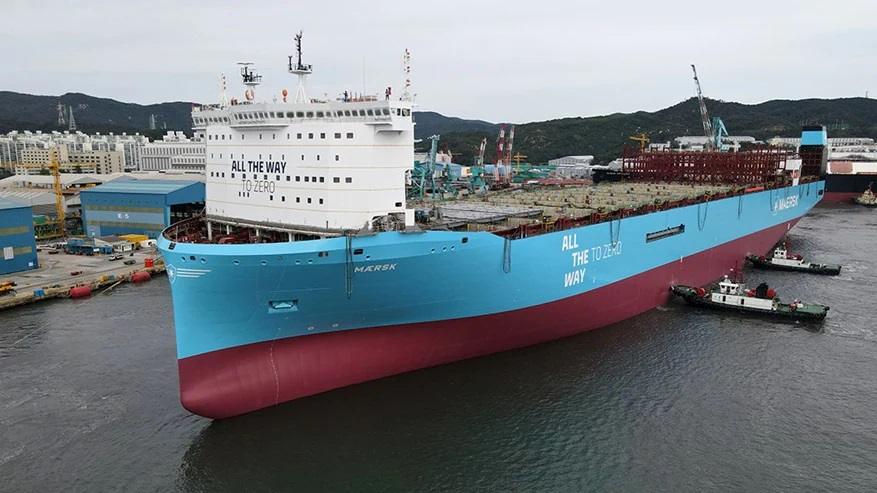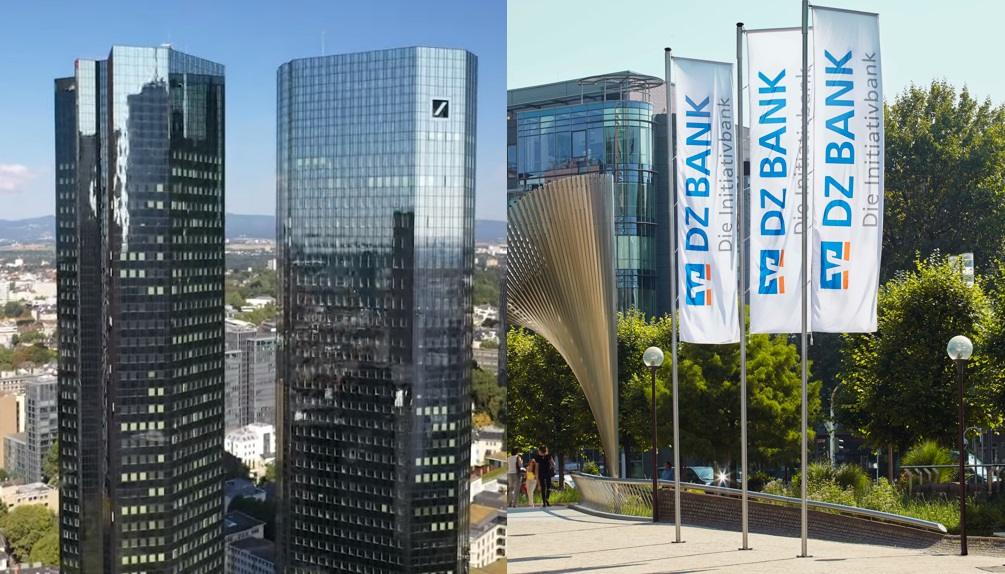EU Lawmakers Agree to Law Requiring EV Charging & Hydrogen Refueling Network Deployment
Lawmakers at the European Parliament and members of the EU Council announced today that they have reached an agreement on a new law mandating a significant increase in electric vehicle recharging and hydrogen refueling stations across Europe’s main transport networks, aimed at enabling the transition to zero emission transport, and addressing consumer refueling concerns that could impede the switch to zero emission vehicles.
The agreement marks another step towards the completion of the European Commission’s “Fit for 55” roadmap – the EU’s proposed strategy to cut greenhouse gas (GHG) emissions by 55% by 2030, compared to 1990 levels, and supports the plan’s other transport-focused elements, including rules requiring all new passenger cars and light commercial vehicles registered in the EU to be zero emissions by 2035, and to cut emissions in sectors including road and domestic maritime transport by 40% by 2030.
Frans Timmermans, Executive Vice-President for the European Green Deal, said:
“The transition to zero-emission mobility has to be supported by the right infrastructure, ready for you when you need it, where you need it. Electric or otherwise, we want every driver in Europe to be certain that they can travel in confidence throughout the continent. With this agreement we ensure that there are sufficient and user-friendly options available throughout Europe, for both cars, and heavy-duty vehicles.”
The proposed new law sets requirements for publicly available charging infrastructure for cars and vans, based on the number of registered battery-electric cars in each member state, and for the deployment of fast-charging stations every 60 km along the trans-European transport network (TEN-T) by 2025, as well as for recharging stations dedicated to heavy-duty vehicles every 60 km along the TEN-T core network, and every 100 km on the larger TEN-T comprehensive network from 2025 onwards, with complete network coverage to be achieved by 2030, in addition to recharging stations at parking areas and delivery nodes.
The law would also require the deployment of hydrogen refueling infrastructure to serve cars and trucks every 200 km along the TEN-T core network by 2030.
Additionally, the law includes rules for operators of electric recharging and hydrogen refueling stations to ensure full price transparency, and to offer common payment methods.
The law also includes requirements to provide electricity at maritime ports and airports for vessels at berth and stationary aircraft.
Andreas Carlson, Swedish Minister for Infrastructure and Housing, said:
“The agreement will send a clear signal to citizens and other stakeholders that user-friendly recharging infrastructure and refuelling stations for alternative fuels, such as hydrogen, will be installed throughout the EU. This means that more public recharging capacity will be available on the streets in urban areas as well along the motorways. Citizens will no longer have a reason to feel anxious about finding charging and refuelling stations to their electric or fuel-cell car.”
Following today’s agreement, the proposal will move on to formal adoption by the European Parliament and the Council.





